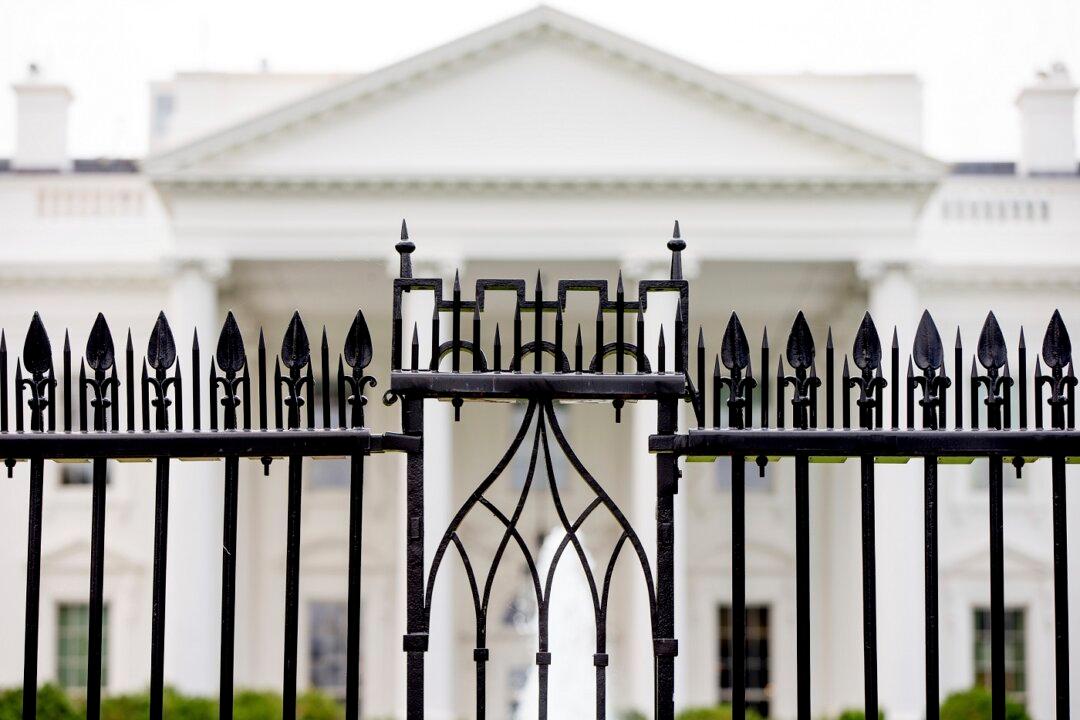In an update to enforcement of the Hatch Act, the U.S. Office of Special Counsel (OSC) on May 20 issued new guidelines aimed at clarifying and tightening the rules governing political activities by federal employees.
The Hatch Act restricts the political activities of government employees to ensure a nonpartisan federal workforce. The Act has seen evolving interpretations and enforcement mechanisms since its enactment in 1939.





